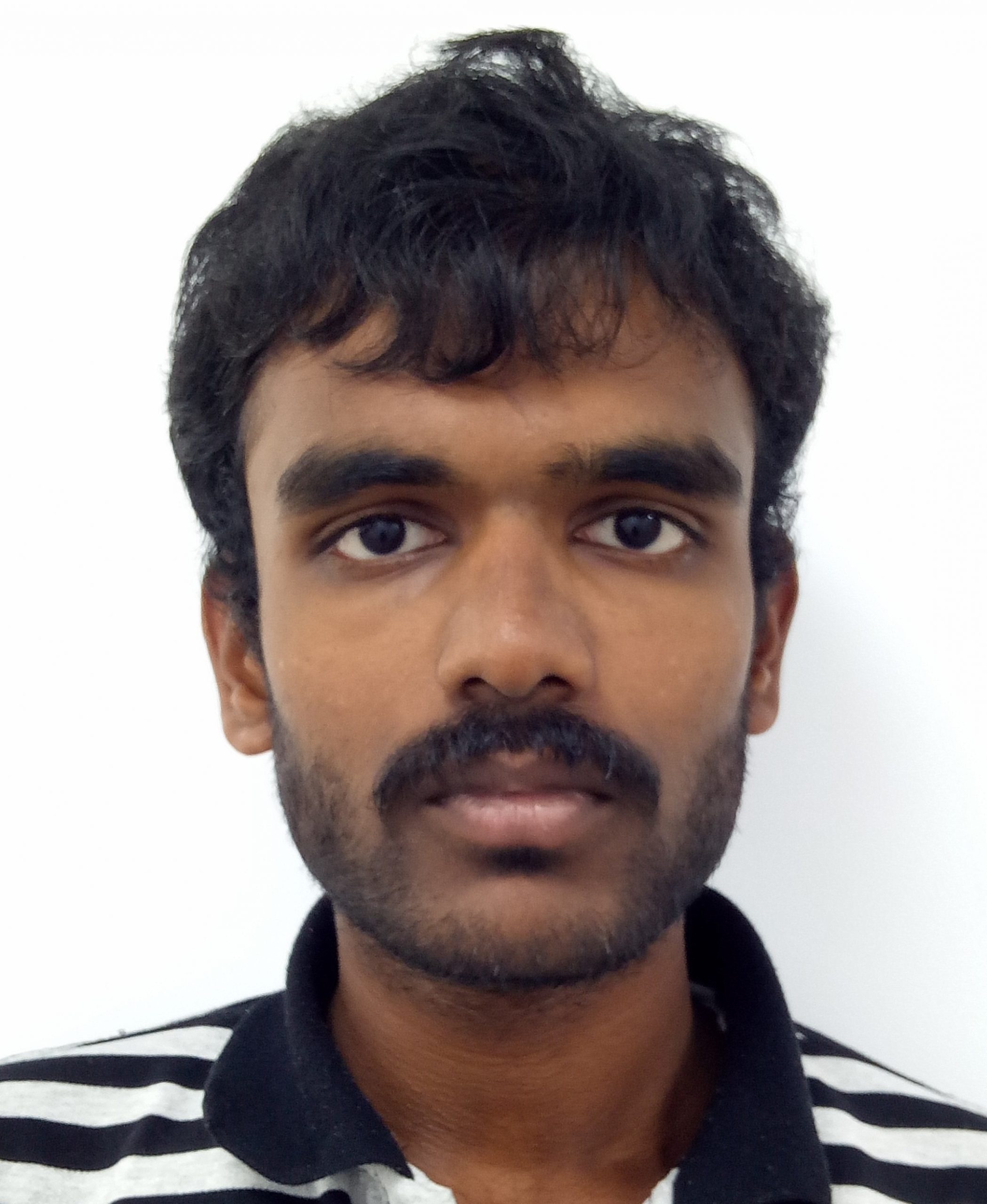Vishnuram Arumugam
University of Western Australia
Vishnuram Arumugam started research in mathematics at the University of Western Australia in 2022 with the supervision of Michael Giudici and John Bamberg. His current research involves using techniques from group theory to study and classify finite geometric objects. In particular, he is currently studying the theory of linear algebraic groups and finite groups of Lie type in order to classify certain classes of generalised quadrangles. Prior to this, he completed Bachelor of Engineering (Honours) in Mechatronic Engineering and Bachelor of Science in Computer Science at Curtin University. He also teaches various classes at Curtin University and the University of Western Australia such as linear algebra, advanced calculus, graph theory and control theory.
Can you give me a quick overview of the type of mathematics you are studying and its potential impacts for the broader community ?
The area of mathematics that I am studying is the intersection of two branches of mathematics, namely group theory and finite geometry. Group theory is the study of symmetry and the techniques developed here can be used to study what are called finite geometric objects. As the name suggests, these are objects which consist of a finite number of points and lines. Over the past few decades, group theory and finite geometry have been used in a plethora of applications such as cryptography and error correcting codes in computer science as well as the design of experiments in statistics.
How did you get into mathematics and into the area of Representation Theory? Was there someone or something that inspired you to this field?
Similar to how physical exercise keeps the body active, I find that mathematics keeps the mind active. This is one of the features of mathematics that got me interested. I find that the act of simply thinking deeply about concepts and gaining a deeper understanding is quite rewarding. Symmetry is one of the most fundamental concepts that I enjoy thinking about and representation theory is an elegant way to encode these symmetries in a concrete fashion.
You received a grant to attend AMSI Winter School 2022. How important was this in terms of your ability to attend, fully participate in the program and meet others studying in similar fields?
I was fortunate to receive a grant to attend the AMSI Winter School in 2022. Living quite far away in Perth, Western Australia meant that travel expenses along with accommodation costs would be quite high. I would like to thank AMSI for making this possible.
Winter School is designed to give students a deeper understanding of their area of research and expose them to others working in different fields/industries. What was the most valuable part of the program for you? Was it the course content or the people you met? Do you have new ideas for your work/research or see it in a new light?
Certainly, I think one of the most valuable parts of this program is meeting and interacting with experts from areas within representation theory as well as students with similar mathematical backgrounds and interests. The course content gave me a small glimpse of all the exciting research out there and this Winter School was a fantastic opportunity to discuss those ideas with other students. The time spent thinking about difficult concepts with others is certainly the highlight for me. Moreover, this program has broadened my knowledge of representation theory and got me interested in learning more!
AMSI-MSRI Winter School was held as a hybrid event with event hubs in Australia and America. What was the biggest positive from your point of view holding it in this format and/or the biggest challenge?
This year, the Winter School was held in a hybrid format with hubs in Australia and America. The struggle was getting the technology to work right. However, once that was all sorted, it was a pleasant experience talking to students both in Australia and in America
What advice would you give to someone who is considering applying for Winter School in 2023? How would you describe the conference to them? Should they apply and why?
To those who are contemplating on applying for the Winter School, I certainly recommend doing so. The main advice I would provide is to socialise and not get overwhelmed by the mathematical details. The conference is a fantastic place to get to know about research in a neighborhood of your area. It is a place to gain intuition about difficult concepts in mathematics through socialising.
Where do you want the mathematical sciences to take you? Where do you see yourself in five, ten years time?
I would like to continue learning more mathematics and in the future, I would like to teach and do research in
mathematics
Any other feedback/comments you would like to provide on the AMSI Scholarship or AMSI-MSRI Winter School 2022?
I’d like to thank all the staff who organised this event and ensured that it went smoothly


